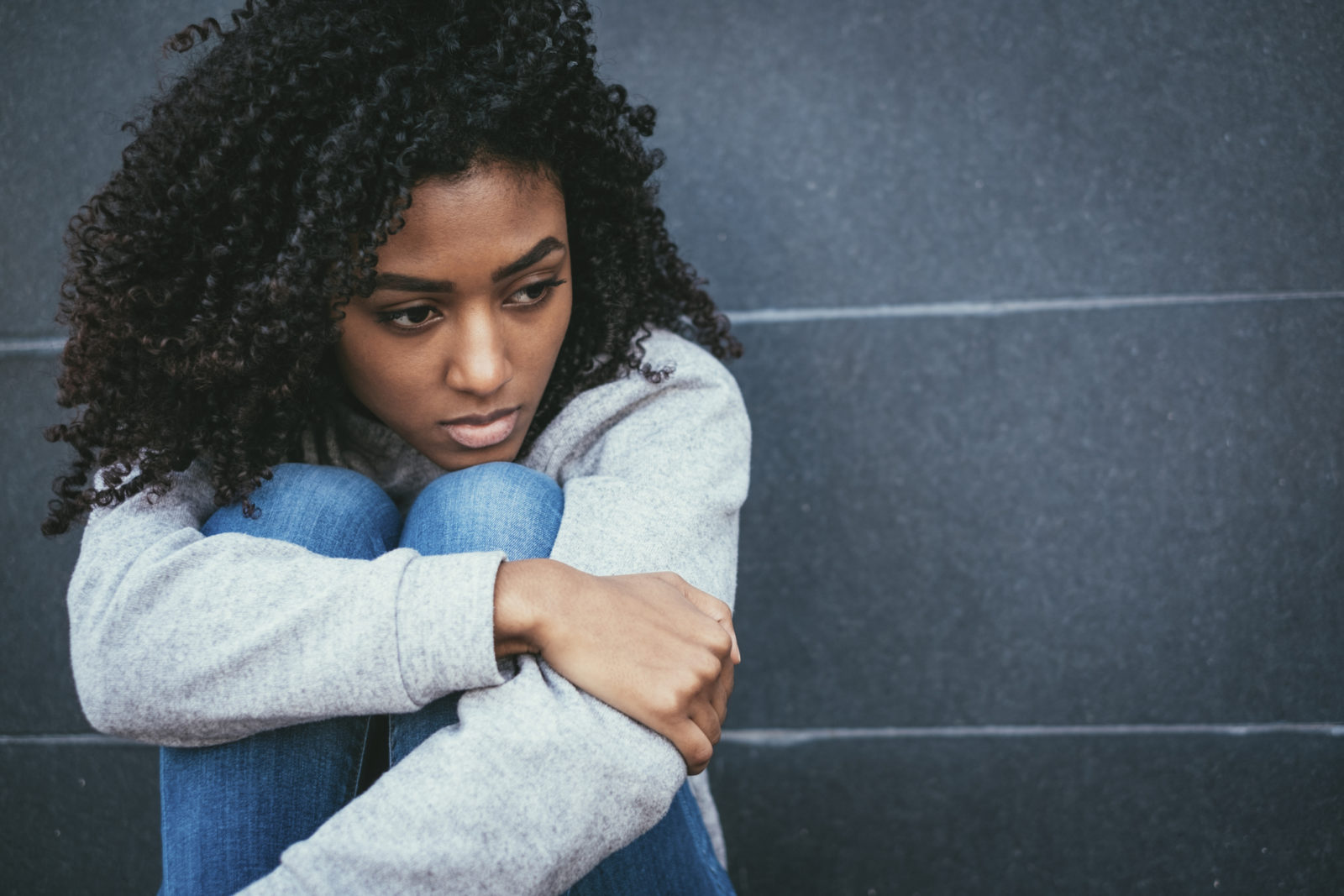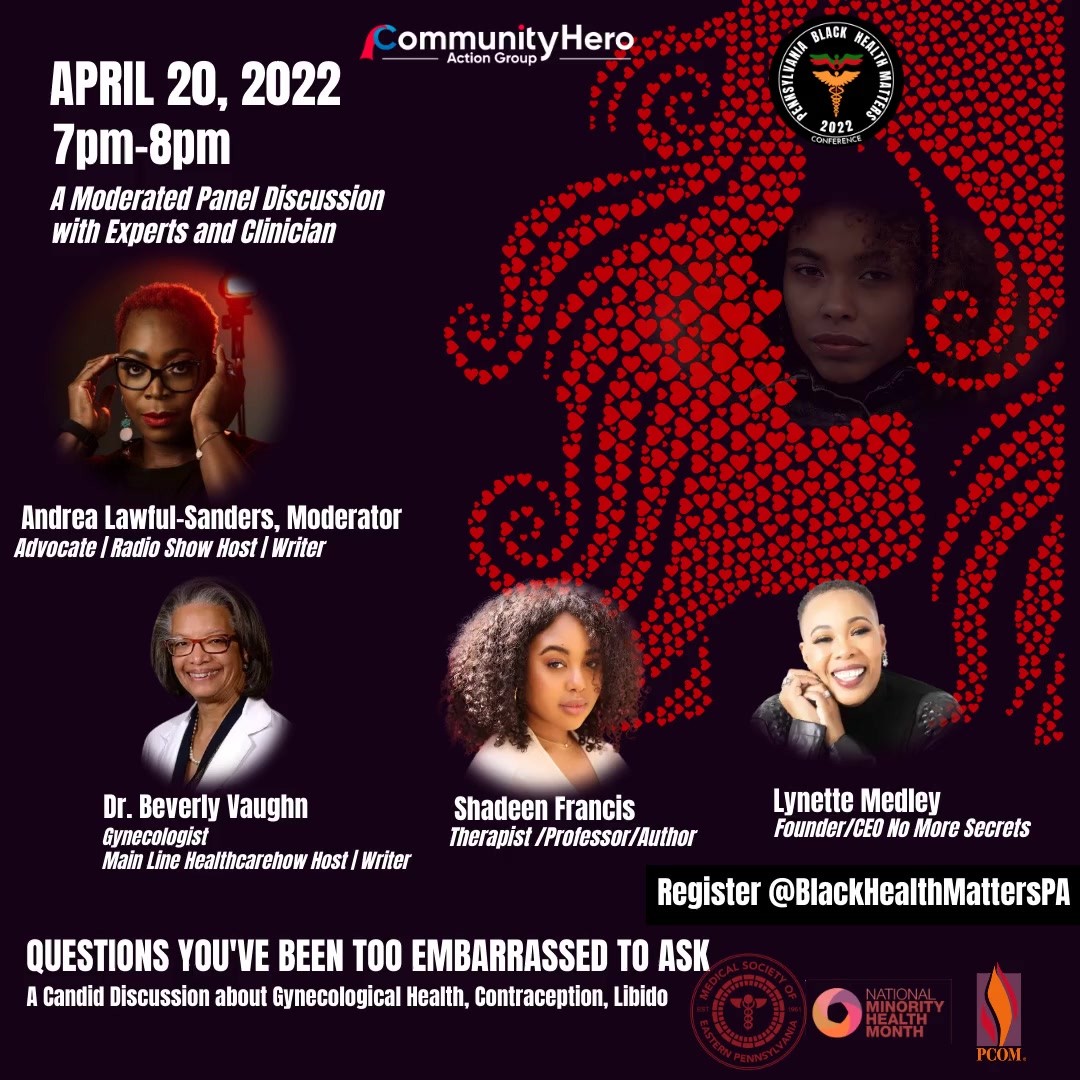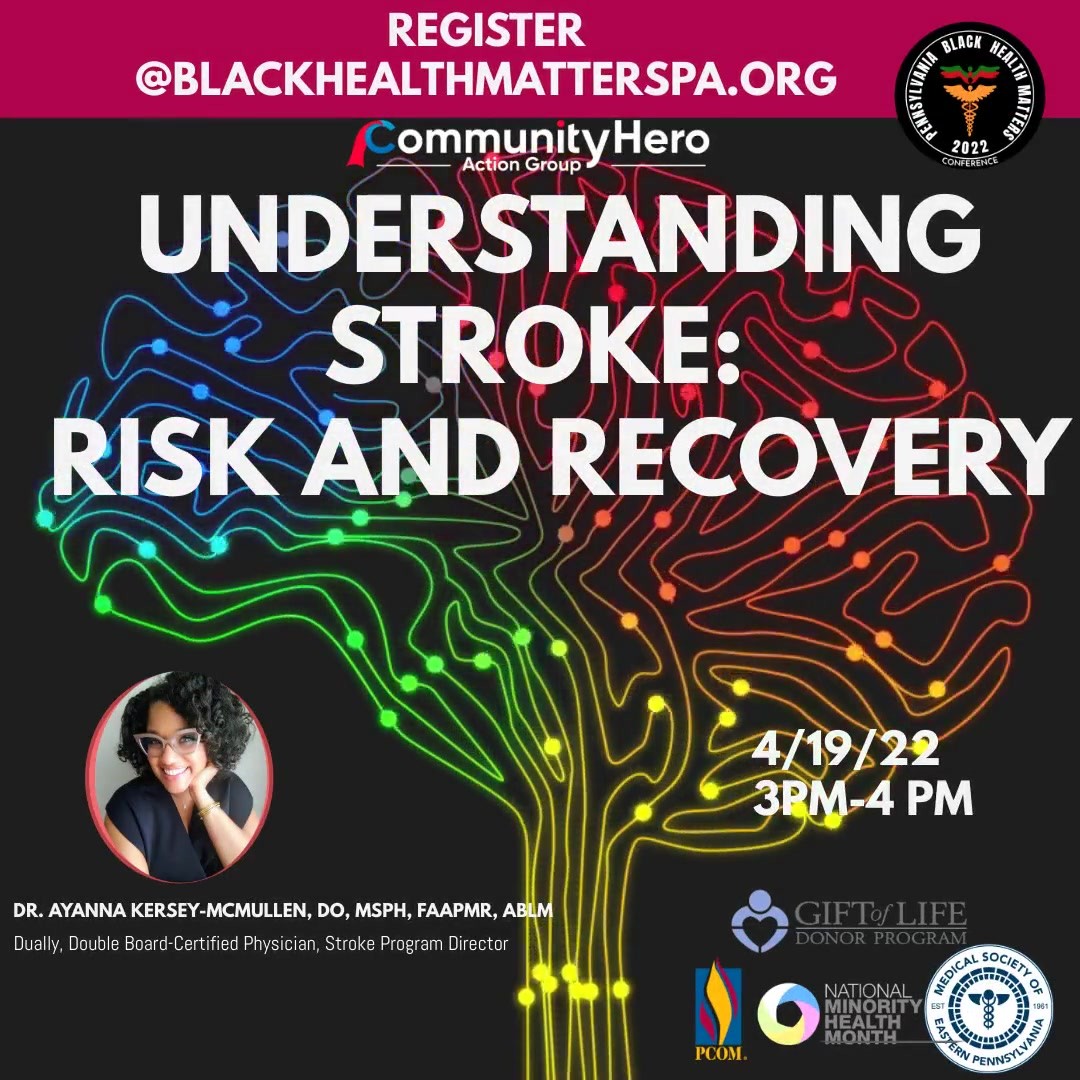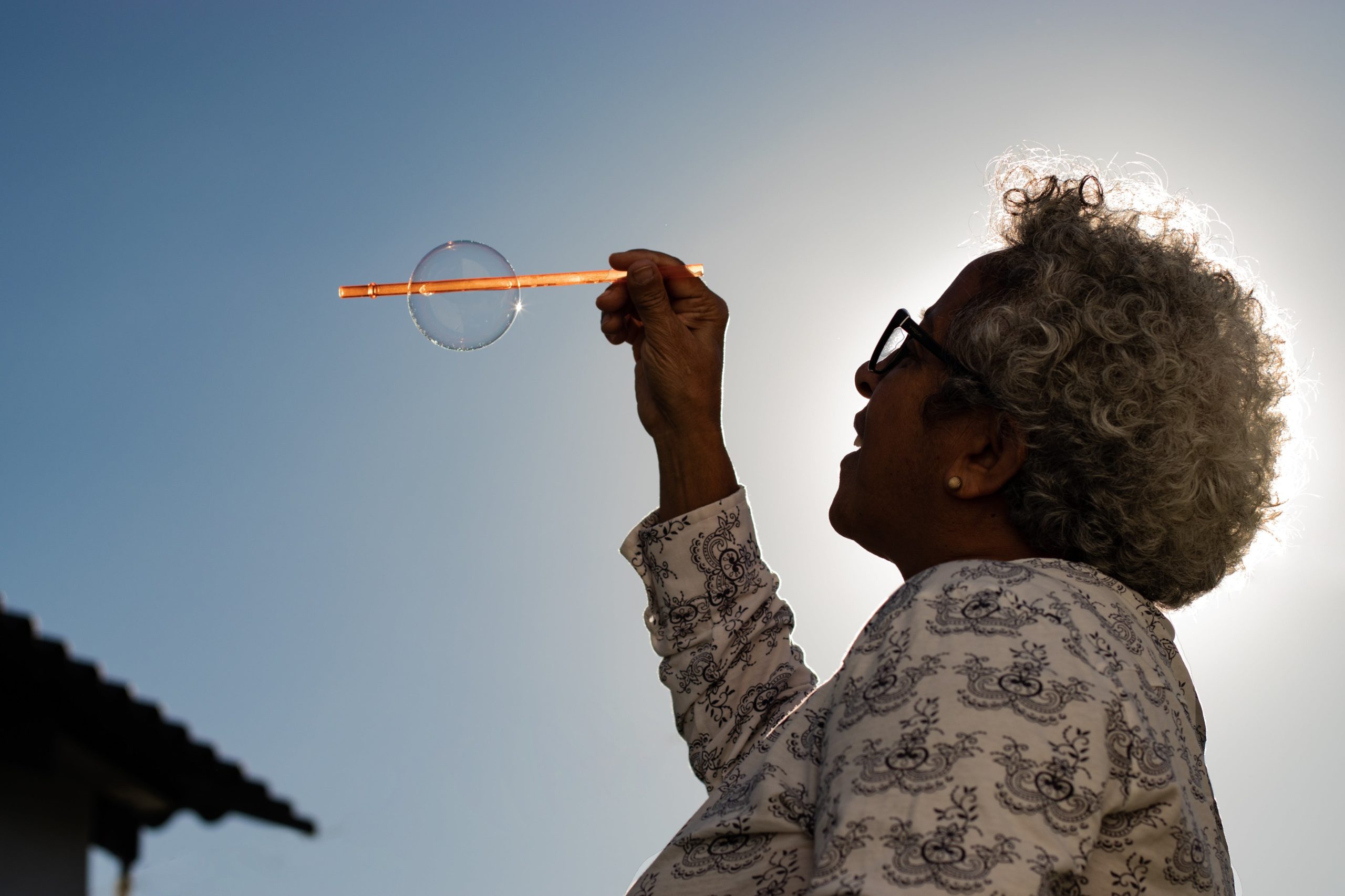health
Blacks die at a disproportionately higher rate than all other groups. We’re doing something about that.
pennsylvania urban health project (PUHP)
The Pennsylvania Urban Health Project is designed to provide a multi-faceted array of programs and initiatives that collectively that positively transform the health and wellness in the Black community.
HEALTH PROGRAMS

annual health conference
Annual free event for the public. Over 93% of the presenters were Black. Hundreds of hours of content.
SENIOR DEPRESSION
An evidence-based program that provides free services to seniors dealing with depression and isolationism with trusted community messengers.
telemedicine awareness
Bridging the Digital Divide to Equitable Health Outcomes (BDDEHOP) provides community support to increase use of telemedicine.

RADIO SHOW
“Her Health Matters” is a radio show hosted by Dr. Safiyya Shabazz, MD focused on health and wellness topics of the Black woman.
Exam, certification, and licensure fund
Financial support for medical school and mental health profession candidates. #representationmatters
APPLY

special health equity response initiatives
the hidden facts
1. Only 4% of doctors are black.
2. The risk of pregnancy-related deaths for Black women is 3-4X higher for Black women than White women regardless of education.
3. Black American adults are 20 percent more likely to experience serious mental health problems (i.e. major depressive disorder or generalized anxiety disorder).
4. Blacks are more likley than Whites to report persistent symptoms of emotional stress but only a third receive the mental care they need.
5. Blacks are 2x as likely to develop Alzheimer’s disease as Whites.
6. Black newborns are 3x more likely to die but the disparity is cut to about 46% when care is provided by a Black doctor.
7. Telemedicine brings access to care to underserved communities.
special initiatives

HEALTHY HABITS EDUCATION
In-person education on healthy habits; immunization clinic pop-ups across the Commonwealth.

SUBSTANCE ABUSE AWARENESS
Outreach and education on reducing the stigma of opioid (and substance) disorders.






